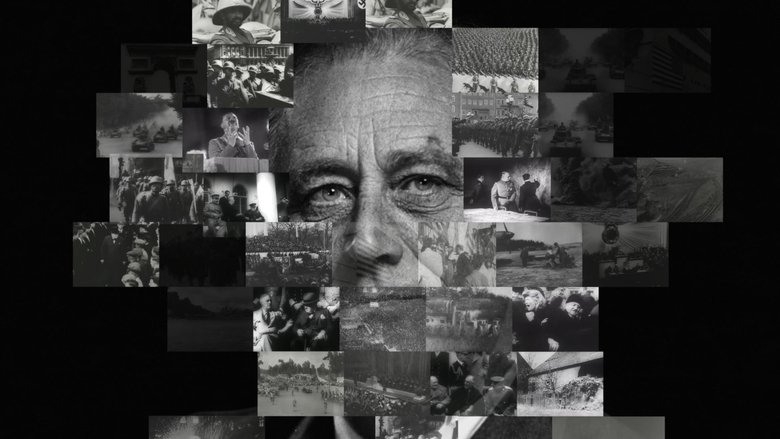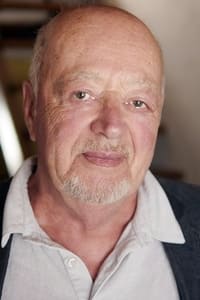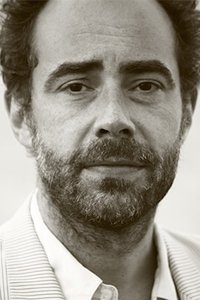The New Deal: The Man Who Changed America
Genres
DocumentaryHistoryTV Movie
OverView
Elected in November 1932, as the economic crisis ravaged the United States, Franklin Delano Roosevelt immediately put all his campaign promises into action: it was time for the "New Deal". This bold plan, designed to turn around a nation on the brink of collapse, where unemployment was at an all-time high and the working poor were suffering from the precariousness of the job market, was intended to give hope to a country that had been battered before anything else. Once he came to power, the new president from the Democratic Party immediately passed some fifteen laws designed to revive the economy.
Others
Budget
$--
Revenue
$--
Status
Released
Original Language
French
Runtime
53 mins
Rating
7/10
Release Date
10 August 2021
Country
France






